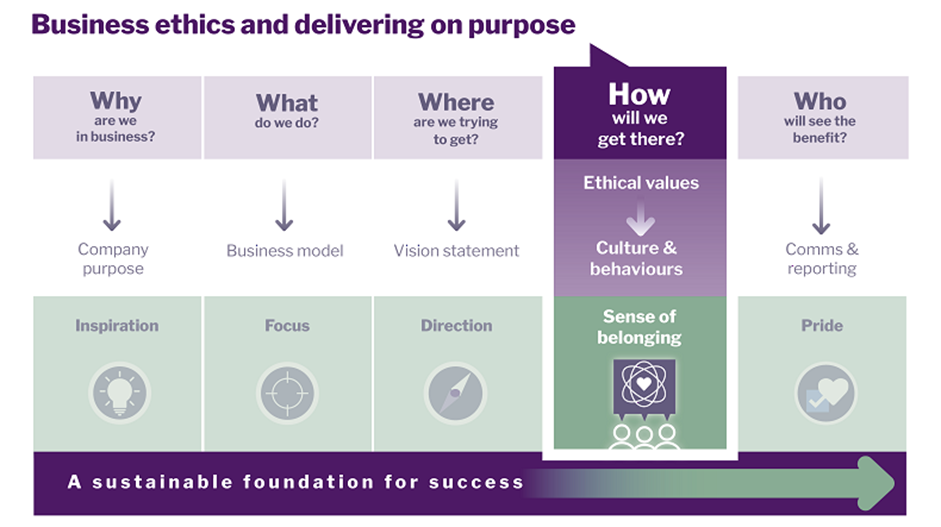Assessment Criterion 3
Self-evaluate personal and professional integrity about ethical practice, professional courage and influence, and valuing people
Development Objectives
Objective 2:
Participate in scenario-based training or role-playing exercises to practice assertiveness and communication skills in challenging unethical behaviour or practices within the recruitment industry.
Objective 3:
Establish a support network of mentors, colleagues, or professional associations to provide guidance and encouragement in speaking up against wrongdoing, even when it poses risks to reputation or relationships.

Assessment Criterion 5
Reflect on levels of self-awareness, Self-management and continuous self-improvement, leading to improved organisational success and career progression.
Development Objectives
With respect to self-awareness, my objective is to develop or participate in self-assessment tools or workshops to gain insights into personality traits, emotional intelligence, and motivational factors influencing recruitment performance management.
Assessment Criterion 7
Demonstrate impactful behaviour aligned with broader organisational vision, values strategies and plans.
Objective
Conduct a comprehensive review of recruitment processes within the next six months to identify and remove biases. I would like to focus on D&I hiring and increase metrics from 10% to 25%.
Assessment Criterion 9
Plan continuing professional development that involves both planned learning and reflection.
objective
Enhanced Candidate Experience: Clear and timely communication enhances the overall candidate experience, leading to higher candidate satisfaction and engagement.
Stronger Hiring Manager Relationships: Effective communication fosters stronger relationships and collaboration with hiring managers.
Buy Answer of This Assessment & Raise Your Grades
References and Bibliography
- Brown, B. (2012). Daring Greatly: How the Courage to Be Vulnerable Transforms the Way We Live, Love, Parent, and Lead. Avery.
- CIPD (n.d.). Continuing Professional Development (CPD). CIPD. [online] Available at: https://www.cipd.org/uk/learning/cpd/ [Accessed 1 May 2024].
- CIPD (n.d.). Ethical Practice. CIPD. [online] Available at: https://www.cipd.org/uk/the-people-profession/the-profession-map/explore-the-profession-map/core-behaviours/ethical-practice/ [Accessed 15 April 2024].
- Covey, S. R. (2004). The 7 Habits of Highly Effective People: Powerful Lessons in Personal Change. Simon & Schuster.
- Dweck, C. S. (2006). Mindset: The New Psychology of Success. Random House.
- Grant, A. M. (2013). Give and Take: Why Helping Others Drives Our Success. Penguin Books.
- Goleman, D., Boyatzis, R., & McKee, A. (2002). Primal Leadership: Realizing the Power of Emotional Intelligence. Harvard Business Press.
- Heath, C., & Heath, D. (2010). Switch: How to Change Things When Change Is Hard. Crown Publishing Group.
- Institute of Business Ethics (n.d.). The IBE Business Ethics Framework. Institute of Business Ethics. [online] Available at: https://www.ibe.org.uk/knowledge-hub/ibe-business-ethics-framework.html [Accessed 1 May 2024].
- Kahneman, D. (2011). Thinking, Fast and Slow. Farrar, Straus and Giroux.
- Kubala, K. (2022). Emotional intelligence: Components, importance, and examples. Medical News Today. [online] Available at: https://www.medicalnewstoday.com/articles/components-of-emotional-intelligence [Accessed 1 May 2024].
Are You Looking for Answer of This Assignment or Essay
The post 7CO03: Task 3 – Self-evaluate personal and professional integrity about ethical practice, professional courage and influence, and valuing people: Initial Self Assessment and Plan, Assignment, OU, UK appeared first on Students Assignment Help UK.